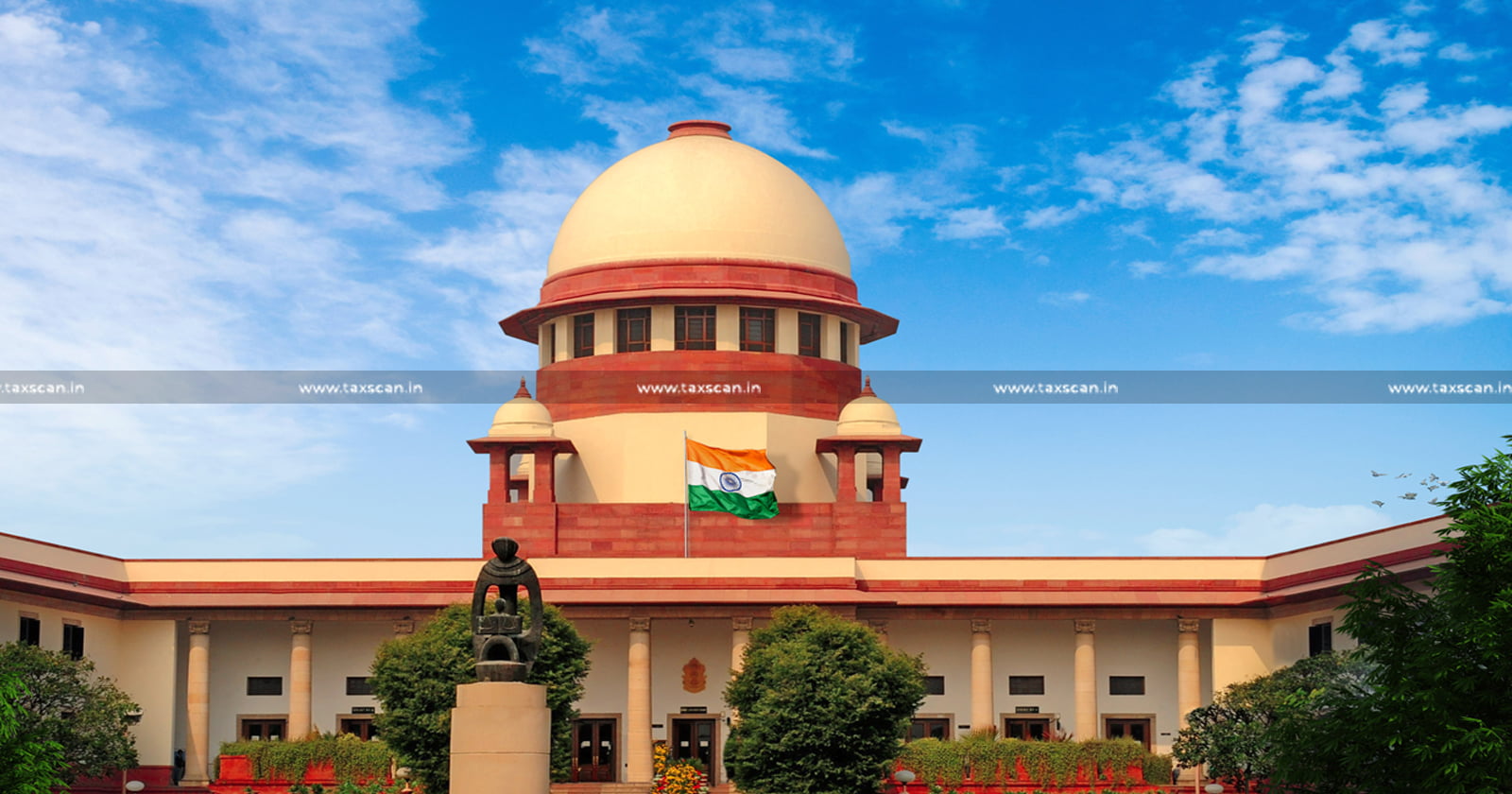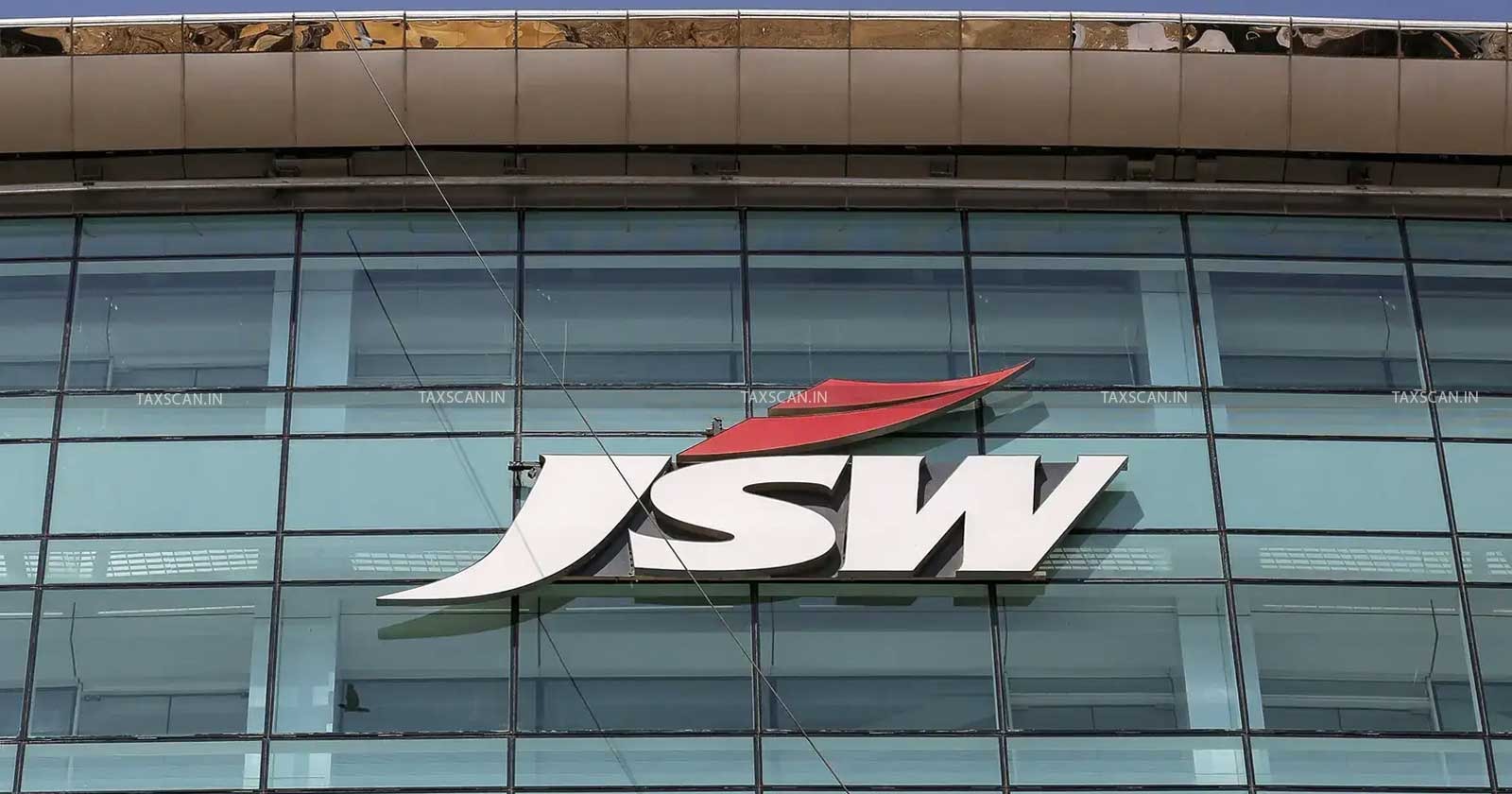Loans Qualify as NPAs After 180 Days of Default Under Income Tax Rules, Not 90 Days per NHB Guidelines: Supreme Court Rejects HUDCO’s RP [Read Judgement]
Supreme Court rejects HUDCO’s review petition, ruling that NPAs for tax deduction must be classified based on 180-day default under Income Tax Rules, not 90-day NHB guidelines
![Loans Qualify as NPAs After 180 Days of Default Under Income Tax Rules, Not 90 Days per NHB Guidelines: Supreme Court Rejects HUDCO’s RP [Read Judgement] Loans Qualify as NPAs After 180 Days of Default Under Income Tax Rules, Not 90 Days per NHB Guidelines: Supreme Court Rejects HUDCO’s RP [Read Judgement]](https://images.taxscan.in/h-upload/2025/08/04/2072916-declaration-of-loan-account-declaration-of-loan-account-as-npa-npa-nclat-nclat-rules-nclat-rules-in-favour-of-ubi-loan-account-non-performing-assets-insolvency-bankruptcy-code-ibc-taxscan.webp)
The Supreme Court of India ruled that loans can be treated as Non-Performing Assets (NPAs) for tax deduction purposes only if interest remains unpaid for more than 180 days, as specified under Rule 6EB of the Income Tax Rules.
The court rejected HUDCO’s review petition, which sought recognition of NPAs based on the 90-day threshold under NationalHousing Bank (NHB) guidelines.
Stay Updated with the Latest Audit Report Formats & Audit Trials Requirements! Click here
Housing and Urban Development Corporation Limited (HUDCO), a public sector enterprise, had claimed deductions on accrued interest from NPAs for the assessment years 2005-06 to 2009-10. HUDCO followed NHB guidelines that classified loans as NPAs if interest remained unpaid for over 90 days. The Assessing Officer applied Rule 6EB, which required a default period of over 180 days, and disallowed part of the deduction.
 Also Read:Supreme Court reinstates Three-Year Experience Requirement for Civil Judge Aspirants, overhauls Judicial Promotion Quotas
Also Read:Supreme Court reinstates Three-Year Experience Requirement for Civil Judge Aspirants, overhauls Judicial Promotion Quotas
The corporation challenged the disallowance before the Commissioner of Income Tax (Appeals), which upheld the Assessing Officer’s view. The corporation then approached the Income Tax Appellate Tribunal (ITAT), which also ruled against it. The corporation filed appeals before the Delhi High Court, arguing that NHB directions were binding under the National Housing Bank Act and should override tax rules.
The Revenue Department’s counsel argued that the Income Tax Act, specifically Section 43D read with Rule 6EB, governed the criteria for recognizing NPAs for tax purposes. The Revenue’s counsel argued that NHB guidelines were intended for financial reporting and did not determine the calculation of taxable income.
The Delhi High Court observed that HUDCO was required to follow NHB guidelines for internal classification of assets, but for tax deduction, it must follow Rule 6EB unless amended to reflect any change in NHB policy. The court clarified that the phrase “having regard to” NHB guidelines in Section 43D(b) does not mean those guidelines are automatically adopted into the tax rules.
The High Court dismissed HUDCO’s appeal, stating that Rule 6EB had not been updated to reflect the 90-day classification and therefore remained the applicable rule. The corporation filed a review petition in the Supreme Court, again arguing that NHB’s revised definition should apply for tax deductions.
 Also Read:Relief to JSW Steel: Supreme Court upholds CESTAT Order Allowing Cenvat Credit [Read Judgement]
Also Read:Relief to JSW Steel: Supreme Court upholds CESTAT Order Allowing Cenvat Credit [Read Judgement]
The bench comprising Justices J.B. Pardiwala and R. Mahadevan refused to interfere with the impugned orders passed by the High Court and dismissed Special Leave Petitions. Then, the corporation went for a review petition.
On 19 February 2025, the Court stated it had “carefully gone through the said Order and the record. In our opinion, no case for review is made out.” The Supreme Court dismissed HUDCO’s review petition.
Support our journalism by subscribing to Taxscan premium. Follow us on Telegram for quick updates


